I generally hate slice-of-life stories. I find them meandering and pointless. But Silver Spoon stands at the pinnacle of the genre and weaves a tale so full of life lessons, deep characters and thematic exploration that even I can’t help but love it.
Note: This is a review of the second season of Silver Spoon and is thus littered with spoilers. For a non-spoiler look at Silver Spoon, read our review of the first season here.
Good — Taking on Too Much
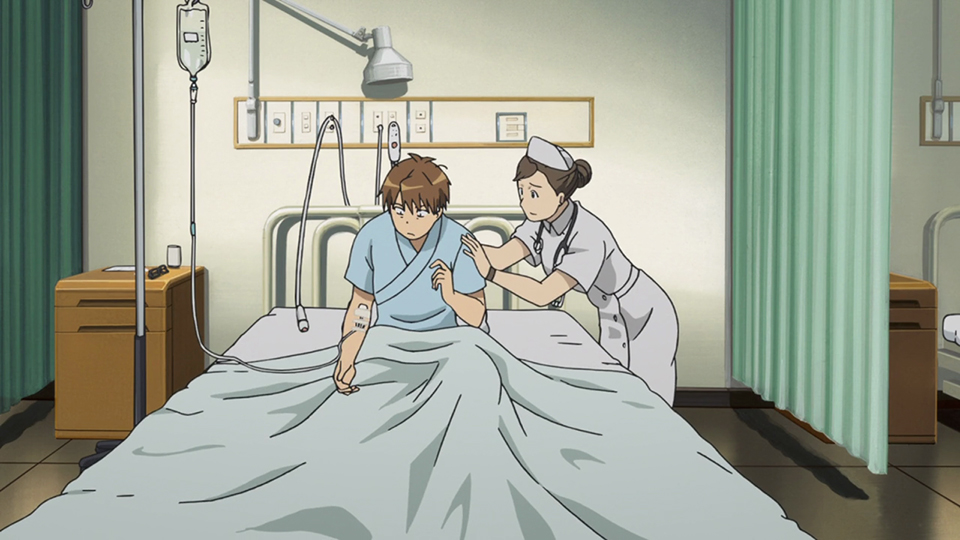
By the end of the first season of Silver Spoon, we had watched Hachiken grow from a damaged, isolated teen into a well-liked central figure in his class. Little by little, he learned the value of the agricultural life and found a new identity by helping wherever he could — something he got great pleasure from doing.
In the second season, he finds out what happens when “helping others” is taken to unhealthy extremes. Over the course of the second season’s first half, Hachiken takes on every job he is offered. By the time of the culture festival, he is head of his class’ culture fest committee, vice president of the horse riding club, and in charge of building a horse sled race track — all while taking a full load of classes, caring for a dog, doing homework each night, and doing his normal load of work in the stables. It’s no surprise that eventually his body gives out on him, leaving him hospitalized.
However, even this isn’t enough for him to learn to say no. It is not until the moment he realises that taking on more work would negatively impact a promise made to the person he cares the most about that he finally rejects a plea for help.
Hachiken’s arc in the story is a good example for the need for moderation and, at the same time, shows him growing as a character as he learns to manage his priorities.
Good — Parents’ Expectations
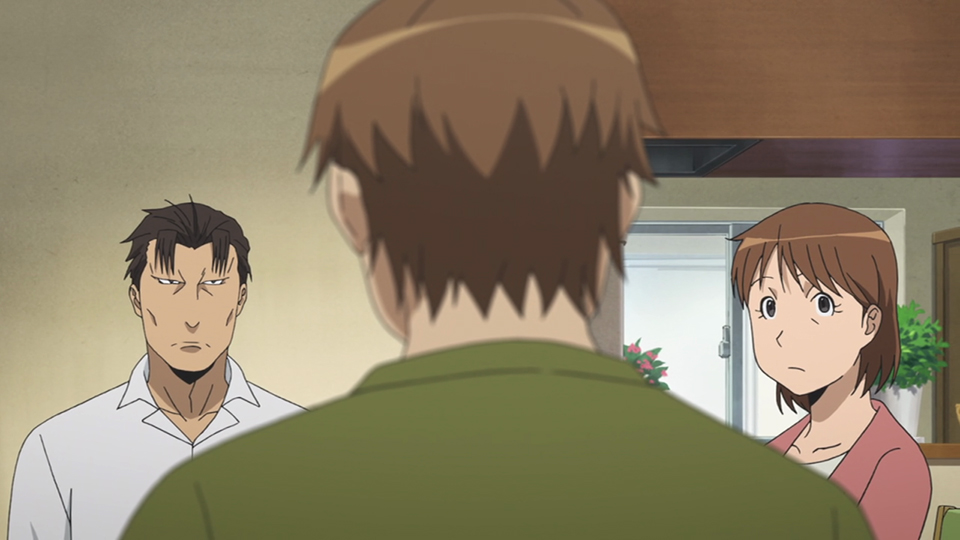
In a lot of ways, Silver Spoon is a guidebook on why not to force your expectations on your children. While a looming presence in the first season, it is not until midway through the second that we first encounter Hachiken’s parents. These two have broken both of their sons — with one dropping out of the most prestigious university in Japan to live a life of freedom by taking odd jobs for minimum wage and the other running to a school in the country where grades and test scores hardly matter.
And of course his parents arrive in the story at Hachiken’s lowest moment — after he has collapsed and is in the hospital. His father questions his choice to attend an agricultural school and all but demands Hachiken give up the place in the world he has carved for himself — and return to the hellish existence he faces at home. And just to rub salt in the wound, Hachiken subsequently learns that the connection he thought he had made with his father in the first season was actually a lie made up by his mother.
Every scene where Hachiken interacts with his parents is hard to watch. The relationship between Hachiken and his father seems to be one of societal duty, not love. And somehow his mother is unable to see this. She always assumed her children were just quiet, not understanding the pressure they were under. In a house where perfection is expected and thus not worthy of praise, anything other than that is failure.
Good — Letting Others In
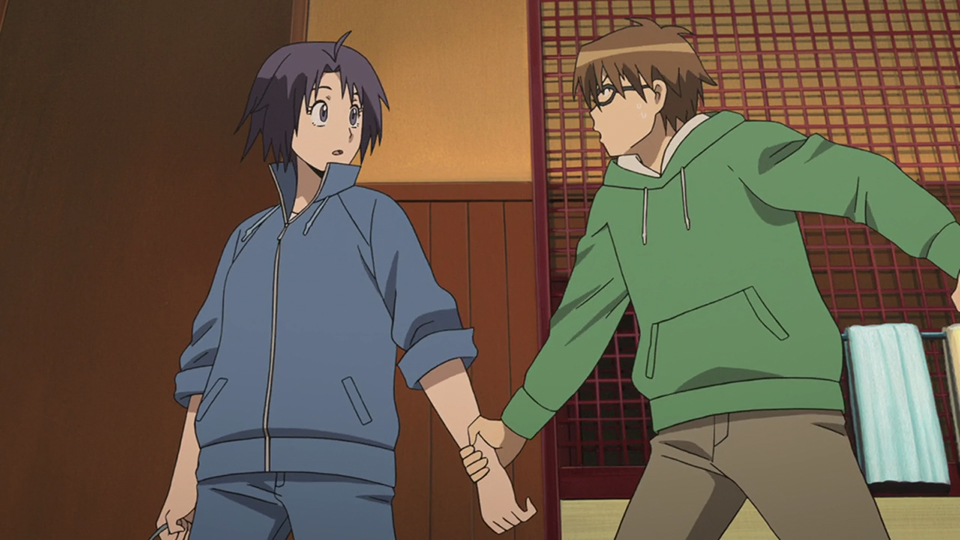
Mikage is also suffering because of the expectations of her parents. But while the root of Hachiken’s problems is a disapproving, emotionally distant familial relationship, Mikage’s inner turmoil comes from her familial relationship being the exact opposite. As a member of a family who owns a farm that has been handed down for generations, she has been expected from birth to take it over someday. While she doesn’t hate the idea, her true dream is to work with horses. However, she loves her family so much she is willing to sacrifice her dream and suffer in silence.
Much as Hachiken’s arc centres on him giving too much help, Mikage’s arc focuses on her refusing to ask for help — or even emotional support. It’s only when she learns to let people share her burden that she has the strength to rid herself of it completely and devote herself to her dreams.
Good — Dreams
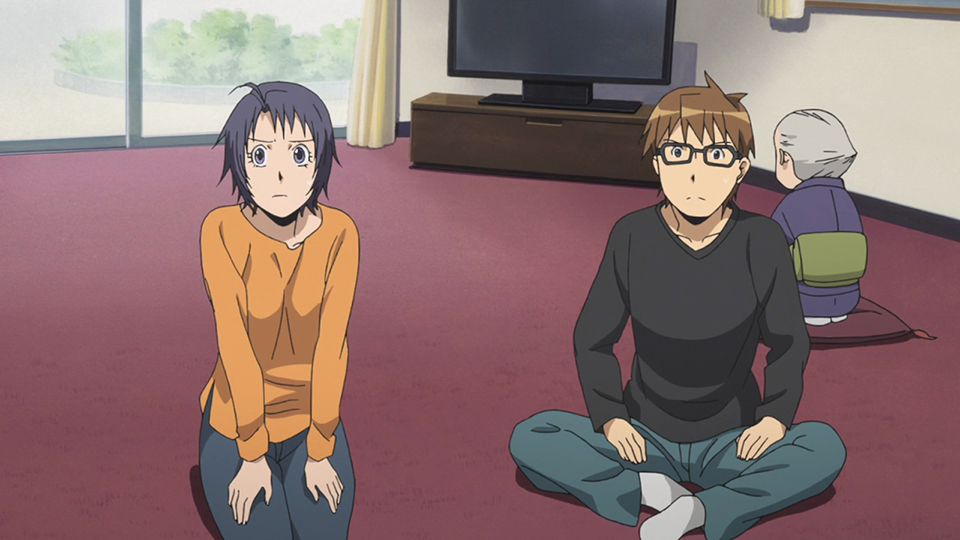
Even more than the first season, the second season is defined by the idea of dreams for the future. Hachiken sees himself as a lost soul of sorts, a person without a goal to aim for. He envies those around him for their dreams for the future and what they are willing to do to achieve them. However, in the second season, he comes face to face with the fact that, sadly, a lot of people never achieve their dreams — no matter how hard they work. Moreover, he learns that others’ dreams for you — like those of his or Mikage’s parents — can be a prison.
It drives Hachiken to the point of despair when he sees people failing to achieve their dreams — whether it be Komaba’s dream of becoming a pro-baseball player or Mikage’s of working with horses. But if having a dream is finding something you’re passionate about and giving your all, then whether Hachiken realises it or not, he is already living his dream by helping others work toward theirs.
Mixed — A First Half of Fluff
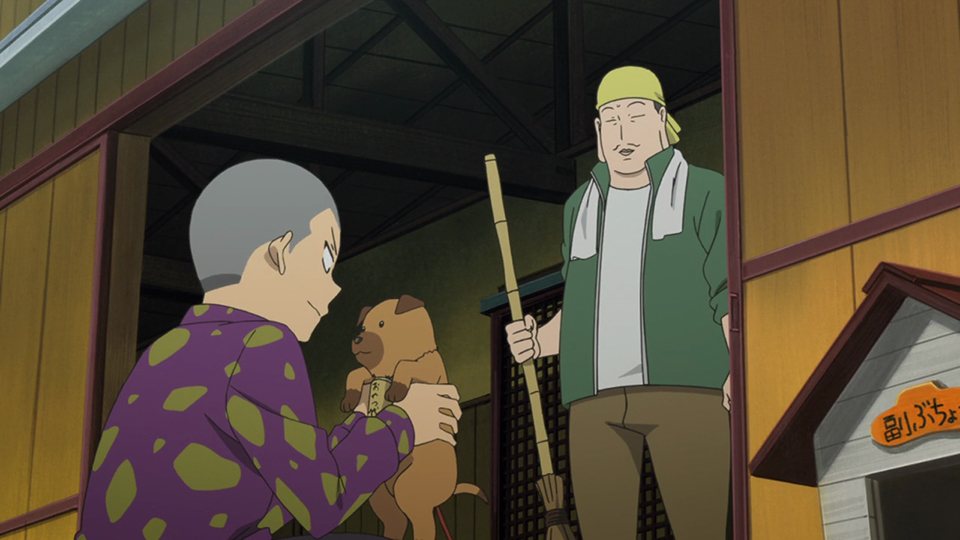
The first half of the second season is fairly weak narrative-wise. Within the first episode the main conflicts of the story are set in motion: Mikage and Komaba’s secret and Hachiken taking on an unhealthy amount of responsibility. Yet, the following episodes do little to further these conflicts and instead focus on light-hearted fluff. Yes, these episodes tend to be enjoyable little side stories, but with something much greater thematically and dramatically being hinted at, I felt like a dog with a treat being held just out of reach.
Final Thoughts
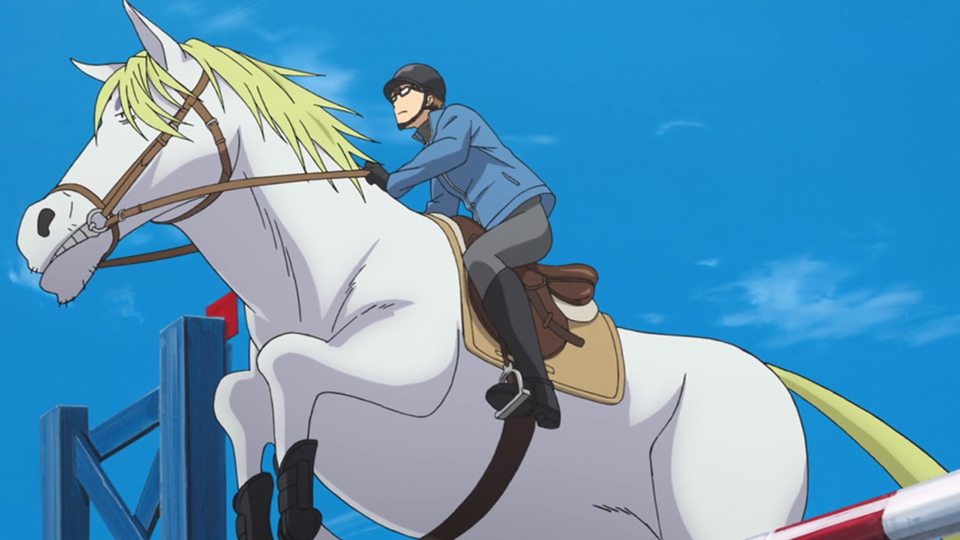
While the second season starts a bit weak, it is so perfectly paced and well put together, it blows even the first season out of the water in terms of quality. Thematically brilliant and emotionally riveting, there is no person I wouldn’t recommend Silver Spoon to. When it comes down to it, Silver Spoon isn’t just a great slice-of-life anime, it’s a great piece of fiction from top to bottom.
Silver Spoon aired on Fuji TV in Japan. It can be viewed for free and in English on Crunchyroll.
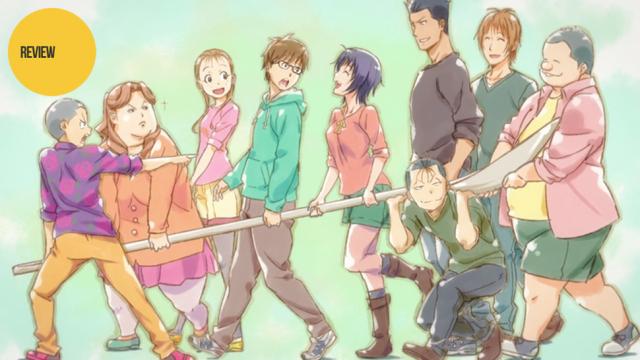
Comments
One response to “Silver Spoon Is An Amazing Slice-of-Life Tale That Transcends Its Genre”
Gotta say amen! I haven’t watched the anime, but I am way ahead in the manga, so to know what is ahead for the cast is both uplifting, but also heartbreaking, ‘cos there will be hurdles along the way.